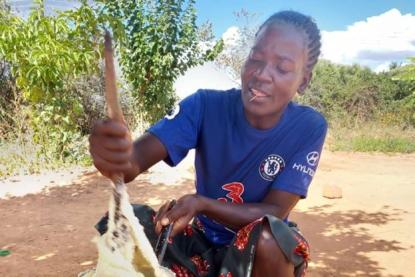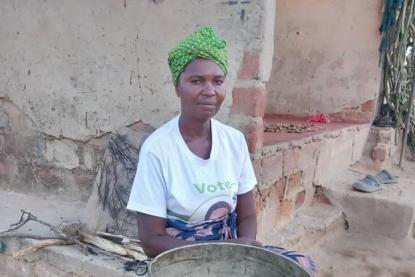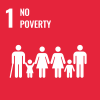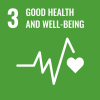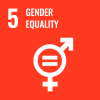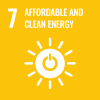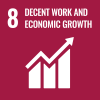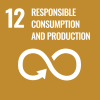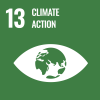Improved cookstoves in Zambia
Better for health and the environment

This climate project distributes improved cookstoves that require less firewood and emit less harmful smoke. This saves households time and money and reduces the pressure on national forests.
Wood as fuel for cooking drives deforestation and causes disease
Deforestation is a major problem in Zambia. Between 2001 and 2020, the country lost 2.2 million hectares of tree cover (Climate Risk Profile Zambia). One of the main drivers of deforestation is because large quantities of charcoal are needed for cooking, which also leads to indoor air pollution. Women and children in particular, who spend a lot of time at home exposed to smoke, develop serious illnesses such as asthma, bronchitis, lung cancer, and cardiovascular diseases.
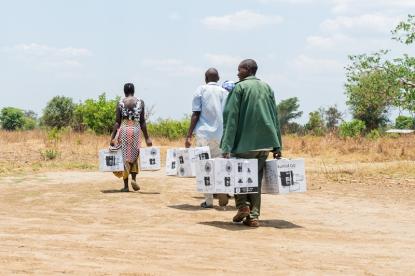
Improved cookstoves save time, money, and emissions while reducing air pollution
This climate project distributes around 45,000 improved cookstoves annually to Zambian households. These cookstoves burn biomass fuels more efficiently, reducing greenhouse gas and particulate matter emissions. Compared to traditional cooking methods, improved cookstoves reduce fuel consumption by around 70% and indoor air pollution by around 80%.
Lower firewood consumption reduces the pressure on national forests and saves households money and time in buying and collecting wood. The distributed cookstoves avoid around 429,490 tonnes of carbon emissions per year, and, in addition, the project creates jobs and supports the local economy.
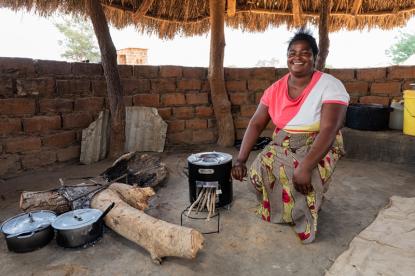
Are you interested in financing this project?Request a quote
The project's impact
The project contributes to the following United Nations’ Sustainable Development Goals (SDGs)
Are you interested in financing this project? We are looking forward to your request!
[unsichtbarer anchor]
